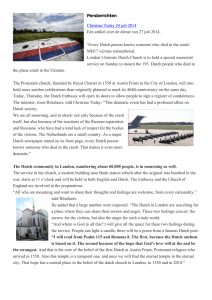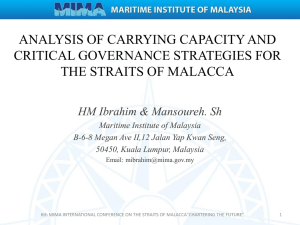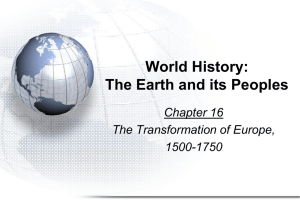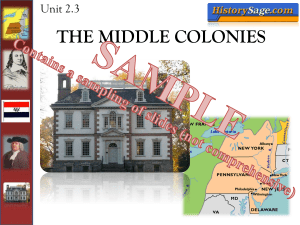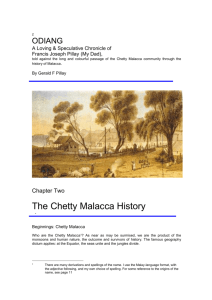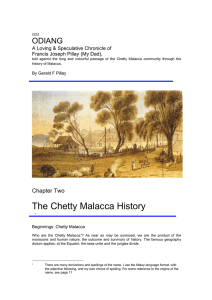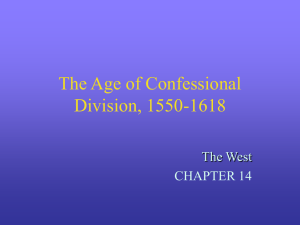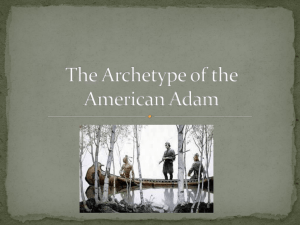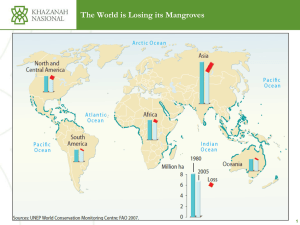powerpoint slides
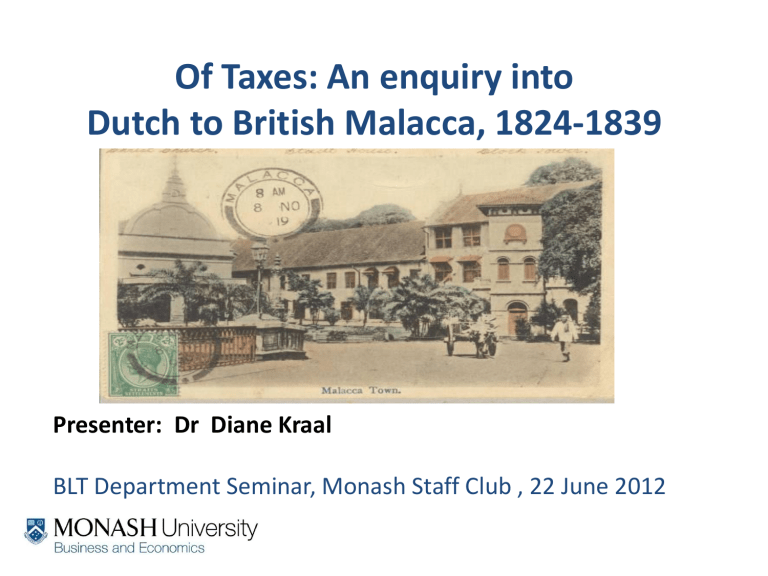
Of Taxes: An enquiry into
Dutch to British Malacca, 1824-1839
Presenter: Dr Diane Kraal
BLT Department Seminar, Monash Staff Club , 22 June 2012
Presentation Outline
• Aim of research
• Motivation
• Background
• Research questions
• Methodology & methods
• Findings
• Contribution of research
2
Aim of research
• The research aim is to investigate 19th century
British Malacca’s taxation.
• Period: 1824-39, transition from Dutch to British rule
3
Motivation
• To gain a clearer understanding of the reasons for the changed system of tax in 19 th C British Malacca.
we know that there was a change in colonial powers …
…but what influences made the British tax system different to the preceding Dutch system…
4
Background to study
Naning War 1831-32 obelisk, Dutch Graveyard, Melaka
Background to study
Malacca: a trading port – Johor Malays sovereign
Pre- 1511 Johor Malays
6
Background to study
Malacca: conquest by Portuguese
Pre-1511 Johor Malays
Portuguese Malacca 1511-
Dutch VOC Malacca 1641
British ‘caretaker’ 1795-1817
Return of the Dutch 1818-1824
British Malacca 1824-
1957
7
Background to study
Malacca: conquest by Dutch East India Company
(VOC) with Johor Malays
Pre-1511 Johor Malays
Portuguese Malacca 1511- 1641
Dutch VOC Malacca 1641-
British ‘caretaker’ 1795-1817
Return of the Dutch 1818-1824
British Malacca 1824-
1957
8
Background to study
Malacca: taken by British East India Company into ‘caretaker mode’
Pre-1511 Johor Malays
Portuguese Malacca 1511-
Dutch VOC Malacca 1641-1795
British ‘caretaker’ 1795-
Return of the Dutch 1818-1824
British Malacca 1824-
1957
9
Background to study
Malacca: post-Napoleonic wars; the Dutch return
Pre-1511 Johor Malays
Portuguese Malacca 1511-
Dutch VOC Malacca 1641-1795
British ‘caretaker’ 1795-1817
Return of the Dutch 1818-
British Malacca 1824-
1957
10
Background to study
Malacca: ceded to British by Dutch
Pre-1511 Johor Malays
Portuguese Malacca 1511-
Dutch VOC Malacca 1641-1795
British ‘caretaker’ 1795-1817
Return of the Dutch 1818-1824
British Malacca 1824-
1957
11
Thomas Braddell , Attorney-General of the Straits Settlements
(1867-82) retrospectively wrote:
After the British took formal control of Malacca in 1824
‘arrangements were at once made to conduct the government on improved principles.’
Major Research Question
:
• How correct was Braddell’s claim about the British approach based on ‘improved principles’ – in relation to tax - for the period 1824-1839?
• If Braddell’s claim is correct, can it be demonstrated?
Methodology
Research design
Epistemology
Positivist Non-positivist
‘Quantitative’ Qualitative
Theoretical perspectives:
Pol. Eco. theory: Adam Smith (1723-1790)
Pol. Eco. theory: James Mill (1773-1836)
Methods
Tax revenue data: Historical method
• Statistical
• Graphical analysis
Discussion/conclusions
Primary data:
Data
• British Residents’ Malacca Diaries: 1826-1830
• Account journals and Ledger, Malacca: 1826-1830
• Dutch Records of Malacca: 1819-
• Dutch East India Company (VOC) files to 1795
Main secondary sources:
• Kathryn Sutherland, ed. Adam Smith: An Inquiry into the Nature
and Causes of the Wealth of Nations (2008)
• James Mill , Elements of Political Economy, 3rd ed. (1844),
• Eric Stokes , The English Utilitarians and India (1959)
• Paul H. Kratoska , "Land Law and Land Tenure in British Melaka," in Melaka: The Transformation of a Malay Capital C. 1400-
1980, ed. Kernial Singh Sandhu and Paul Wheatly (1983)
14
Quantitative data
Dutch VOC 1641-1795, Dutch Govt. 1818-1824
Two main streams of revenue: trade & tax
- Tax farming: indirect taxation method, eg. customs duties, opium
British East India Company (EIC) 1824…
Two main streams of revenue: trade & tax
- Tax farming: eg. spirits; no customs
- Land rent
- Direct tax assessment eg. commercial bldgs.
Quantitative data
Dutch VOC 1641-1795
Graph 2. VOC Malacca: 1681-1796
Tax Farms: average percent share of revenue
Chinese gambling, 2.2
Sirih or betel leaves, 3.0
Shopholders, 3.4
Other, 7.8
Opium/distilling arak, 6.7
Weigh-house, 4.2
Head tax on the
Chinese, 5.0
Sea and river fish,
7.4
Customs Farm , 60.2
Source: Reid(1993); Hussin (2002); VOC Archives.
Quantitative data
Dutch/British - customs revenue 1796-1824
Dutch British
Source: Braddell (1861) p.24; Hussein (2002) pp.423-425
.
Dutch British
Adam Smith
(1723-1790)
“Wealth of Nations” 1776
• Two systems of political economy:
1. Agriculture
2. Commerce: a. mercantile monopoly b. free-market
• ‘Of Taxes’: tax maxims- equity, certainty, convenience, efficiency
• Land Rent
Adam Smith
(1723-1790)
“Wealth of Nations” 1776
• Two systems of political economy:
1. Agriculture
2. Commerce:
- mercantile monopoly
- free-market
• ‘Of Taxes’: tax maxims- equity, certainty, convenience, efficiency
• Land Rent
Adam Smith
(1723-1790)
“Wealth of Nations” 1776
• Two systems of political economy:
1. Agriculture
2. Commerce:
- mercantile monopoly
- free-market
• ‘Of Taxes’: tax maxims- equity, certainty, convenience, efficiency
• Land Rent
James Mill
(1773-1836)
EIC employee/ “Elements of Political
Economy” 1821
• Mill influenced the land rent system in Malacca
• Was an ‘acolyte’ of Adam Smith
• Mill used David Ricardo’s land ‘rent doctrine’
• Rent doctrine – too extreme –dropped by EIC in 1836
James Mill
(1773-1836)
EIC employee/ “Elements of Political
Economy” 1821
• Mill influenced the land rent system in Malacca
• Was an ‘acolyte’ of Adam Smith
• Mill used David Ricardo’s land ‘rent doctrine’
• Rent doctrine – too extreme –dropped by 1836
Analysis of Findings
Progressiveness in Malacca?
– Customs duties
– Land rent
– Tax Farms and direct tax assessment
Influences: Adam Smith? James Mill?
23
Conclusion
• There was a concerted attempt to conduct government on ‘improved principles’ in relation to tax, but with mixed results.
• The Malacca case study, 1824-1839, has shown the difficulty of putting Enlightenment theory into practice.
24
Contribution of Research
1.
To understanding Adam Smith’s and James Mill’s influence on tax policy changes during the changeover in colonial governing powers.
2.
Extends knowledge in the field of tax history concerning the development of colonial tax to modern taxation practice.
3.
Adds to the literature concerning colonial Southeast
Asia taxation, for the study elicits liberal thought from
British Residents’ Malacca Diaries.
